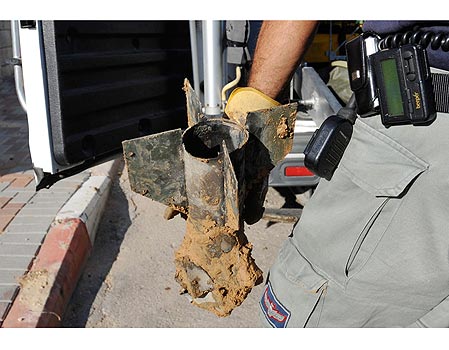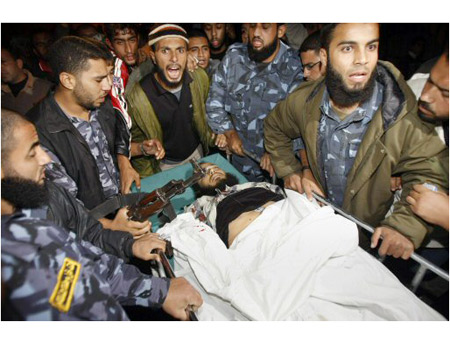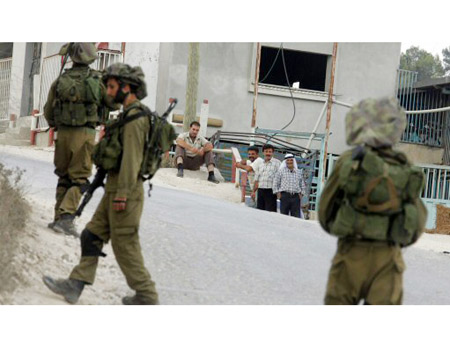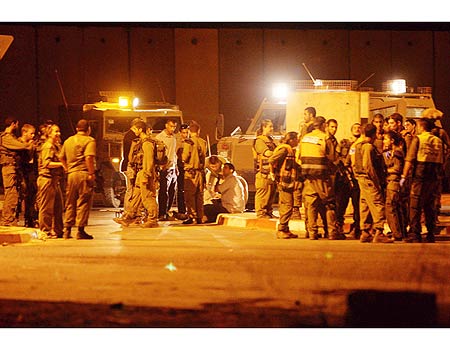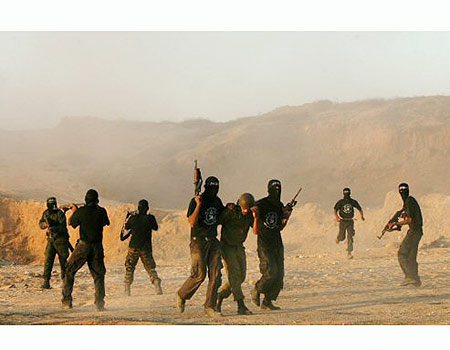
Le président palestinien Mahmoud Abbas, le 5 novembre 2008 à Budapest
LE CAIRE (AFP) — Le dialogue en vue d'une réconciliation interpalestinienne prévu lundi au Caire a été annulé après la décision du Hamas de le boycotter pour protester contre la détention de centaines de ses membres par les forces de sécurité du président Mahmoud Abbas.
"Il a été annulé", a déclaré à l'AFP le porte-parole des Affaires étrangères égyptiennes Hossam Zaki.
"A la demande du Hamas, le dialogue a été reporté à une date indéterminée", a dit pour sa part un autre responsable égyptien, qui a requis l'anonymat.
Les principaux mouvements palestiniens Fatah et Hamas sont en conflit ouvert depuis le coup de force du groupe islamiste à Gaza en juin 2007 contre le Fatah de M. Abbas, qui ne contrôle plus aujourd'hui que la Cisjordanie.
L'Egypte, qui agit comme médiateur entre les factions rivales palestiniennes, avait prévu de parrainer le dialogue entre les différents groupes, principalement le Hamas et le Fatah.
A Gaza, le Hamas a annoncé qu'il boycotterait le dialogue. "Le Hamas a décidé de ne pas participer au dialogue en Egypte. Nous avons informé les autorités égyptiennes de notre décision", a dit à l'AFP le porte-parole Fawzi Barhoum.
"Nous avons pris cette décision parce que le président Mahmoud Abbas continue d'affaiblir le mouvement du Hamas et n'a libéré aucun détenu du Hamas en Cisjordanie", a-t-il ajouté.
A Ramallah en Cisjordanie, le porte-parole de M. Abbas, Nabil Abou Roudeina, a dénoncé la décision du Hamas.
"Le Hamas est responsable de l'échec du dialogue du Caire et de la perte d'une occasion pour unifier de nouveau les Palestiniens et faire cesser les divisions", a-t-il dit à l'AFP, en démentant les accusations du Hamas sur l'arrestation des membres du groupe islamiste en Cisjordanie.
Ce report survient alors que la secrétaire d'Etat américaine Condoleezza Rice se trouve dans la région pour tenter d'assurer la survie du processus de paix, avec l'avènement en janvier à la Maison Blanche de l'administration du président élu Barack Obama.
Les services de renseignements égyptiens, qui jouaient un role de médiateurs, ont indiqué dans un communiqué avoir été informés par le Hamas qu'il ne participerait pas au dialogue. "Par conséquent, l'Egypte a reporté les discussions jusqu'à ce qu'une nouvelle occasion se présente".
Dès vendredi, un député du Hamas, Moushir Al-Masri, avait attaqué M. Abbas en des termes extrêmement violents et agité la menace d'un boycottage.
"Nous n'irons pas au dialogue palestinien tant que continue ce massacre contre le Hamas en Cisjordanie", avait-il dit lors d'un rassemblement public. Il avait accusé le président palestinien de sévir contre le Hamas en Cisjordanie "pour faire plaisir" à Israël et aux Etats-Unis.
M. Abbas, lors d'une conférence de presse avec la secrétaire d'Etat américaine Condoleezza Rice en visite dans la région, avait réagi en affirmant qu'"aucun détenu politique" n'était emprisonné par ses services en Cisjordanie.
Il a assuré que ses services ne poursuivaient que les personnes qui se livrent à des activités illégales, détiennent des armes ou collectent des fonds sans autorisation, indépendamment de leur appartenance politique.
Les groupes palestiniens devaient discuter au Caire d'une réconciliation aux termes d'un plan présenté l'Egypte prévoyant la création d'un gouvernement de "consensus national", la tenue de nouvelles élections présidentielle et législatives simultanées à une date agréée et la refonte des services de sécurité.
Le Hamas avait émis une série de réserves sur ce plan, affirmant que le document devait faire l'objet de discussions et ne saurait être signé en l'état.
Un responsable du mouvement radical palestinien Jihad islamique, Mohammad al-Hindi, qui était déjà présent au Caire pour les discussions, a annoncé qu'il regagnait Gaza avec sa délégation. "Nous partons car le dialogue n'a aucun sens sans le Hamas et le Fatah".






